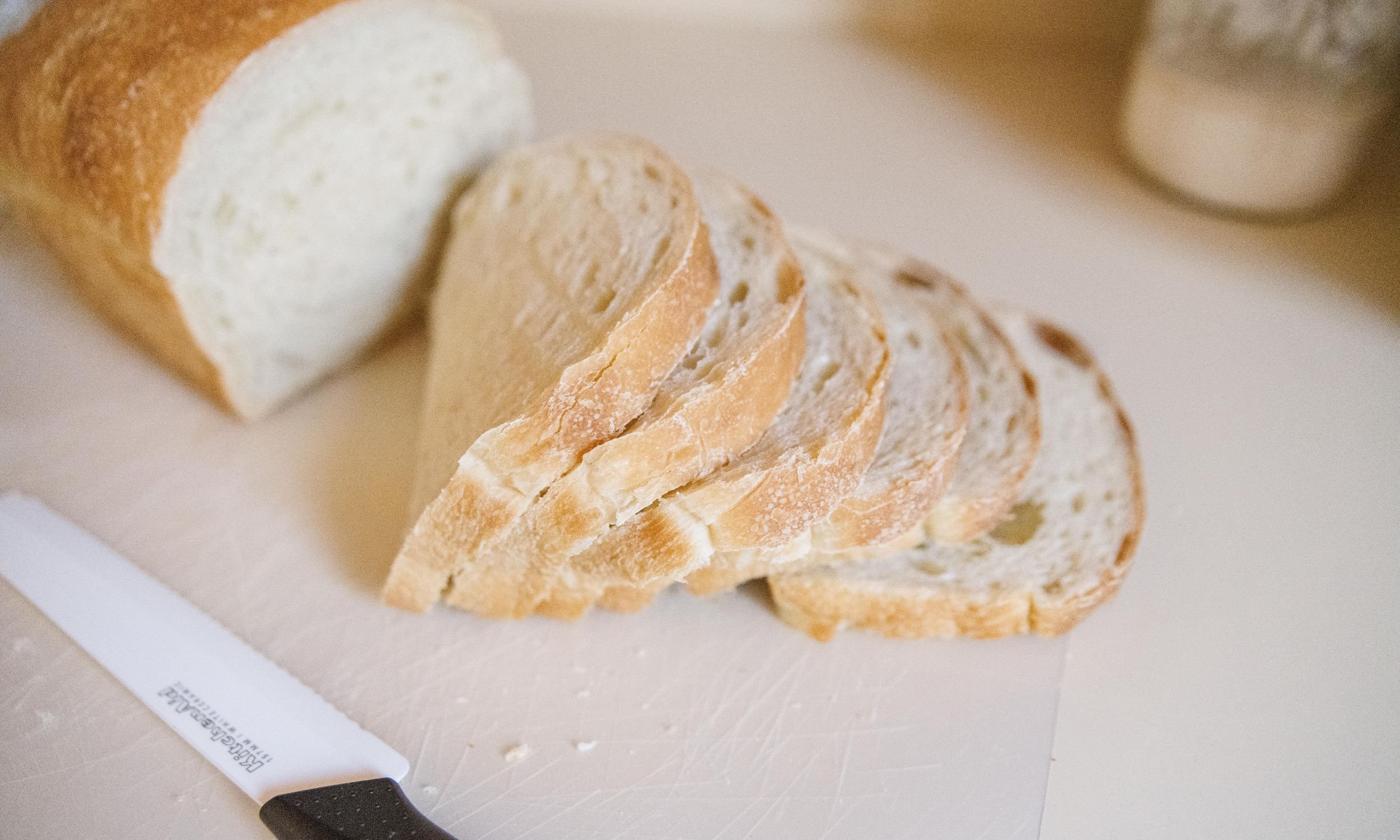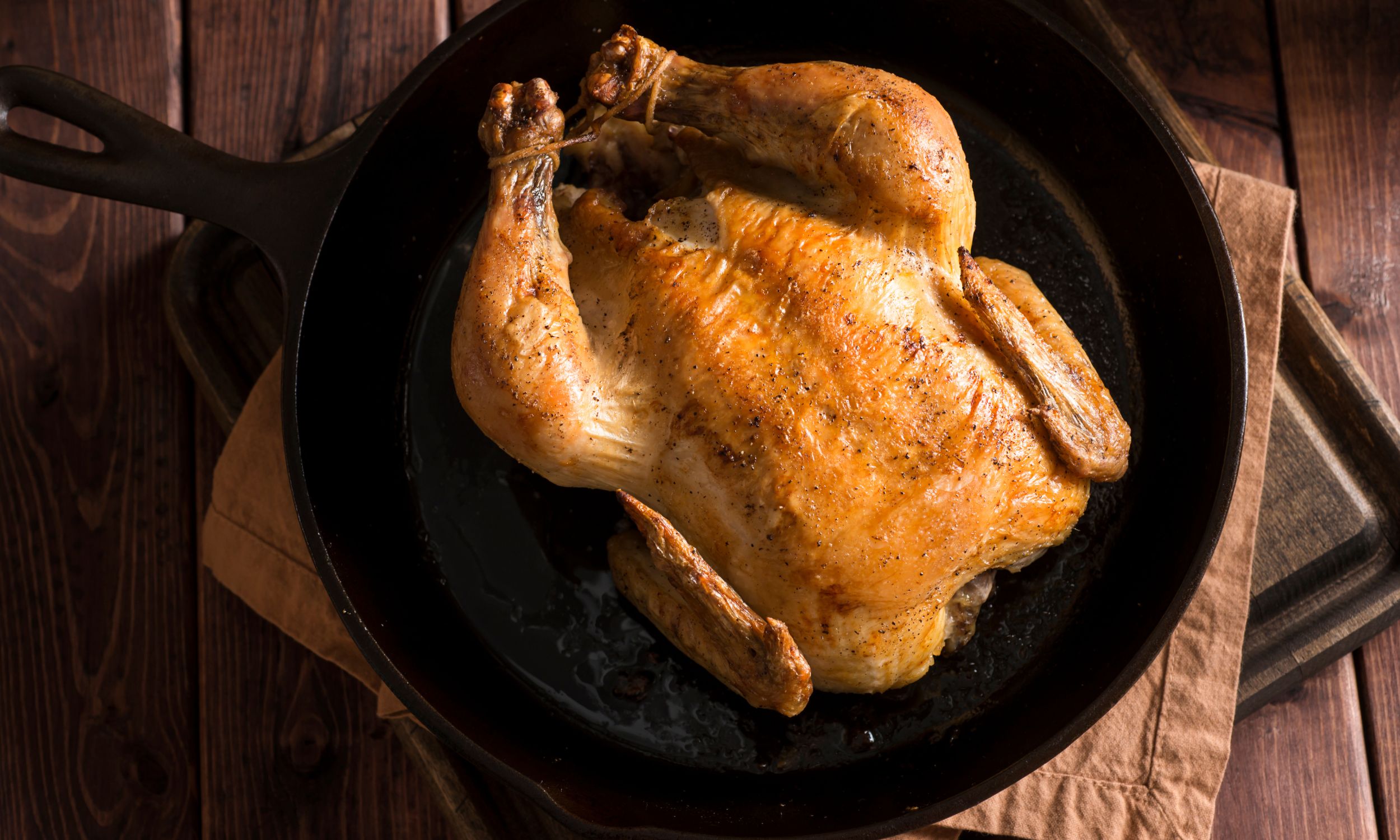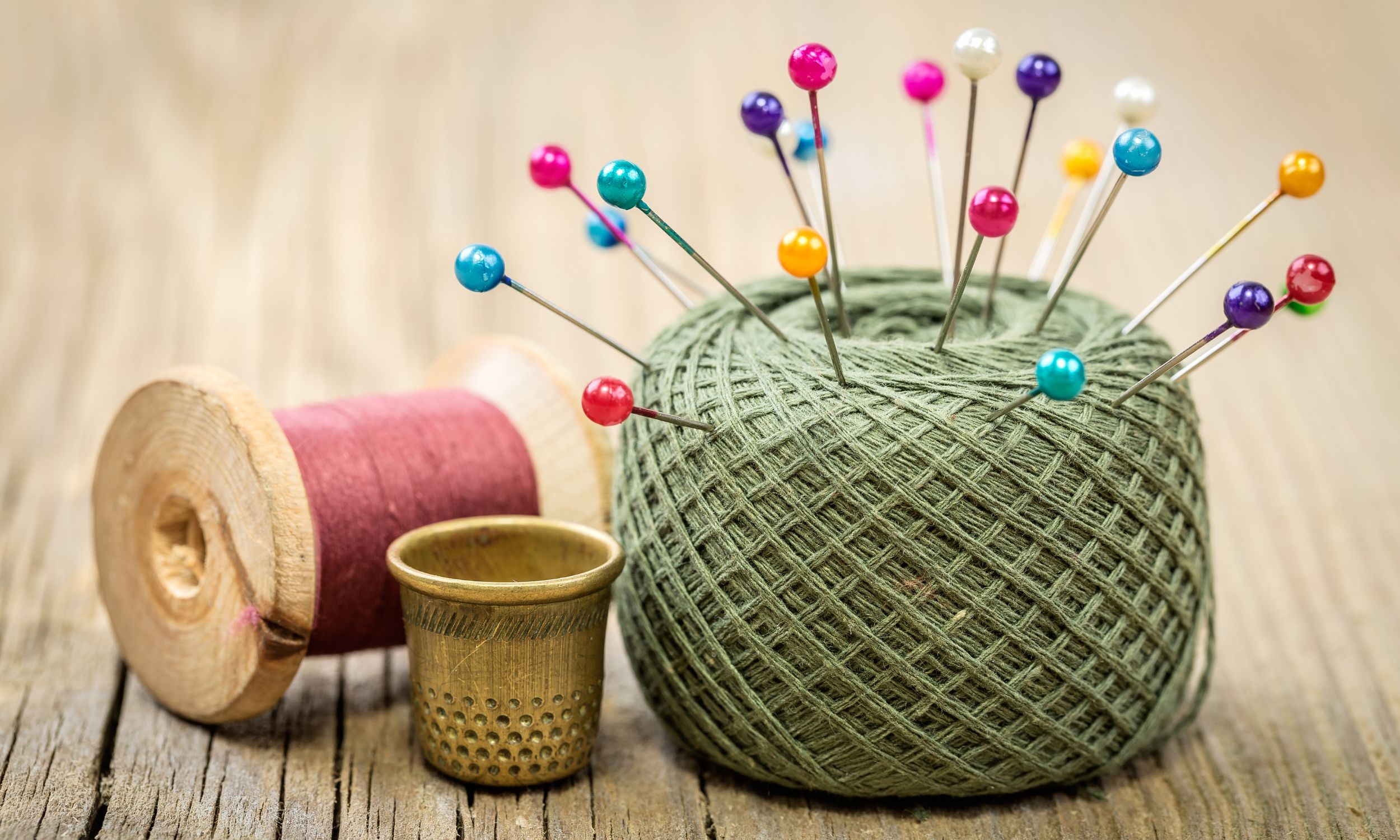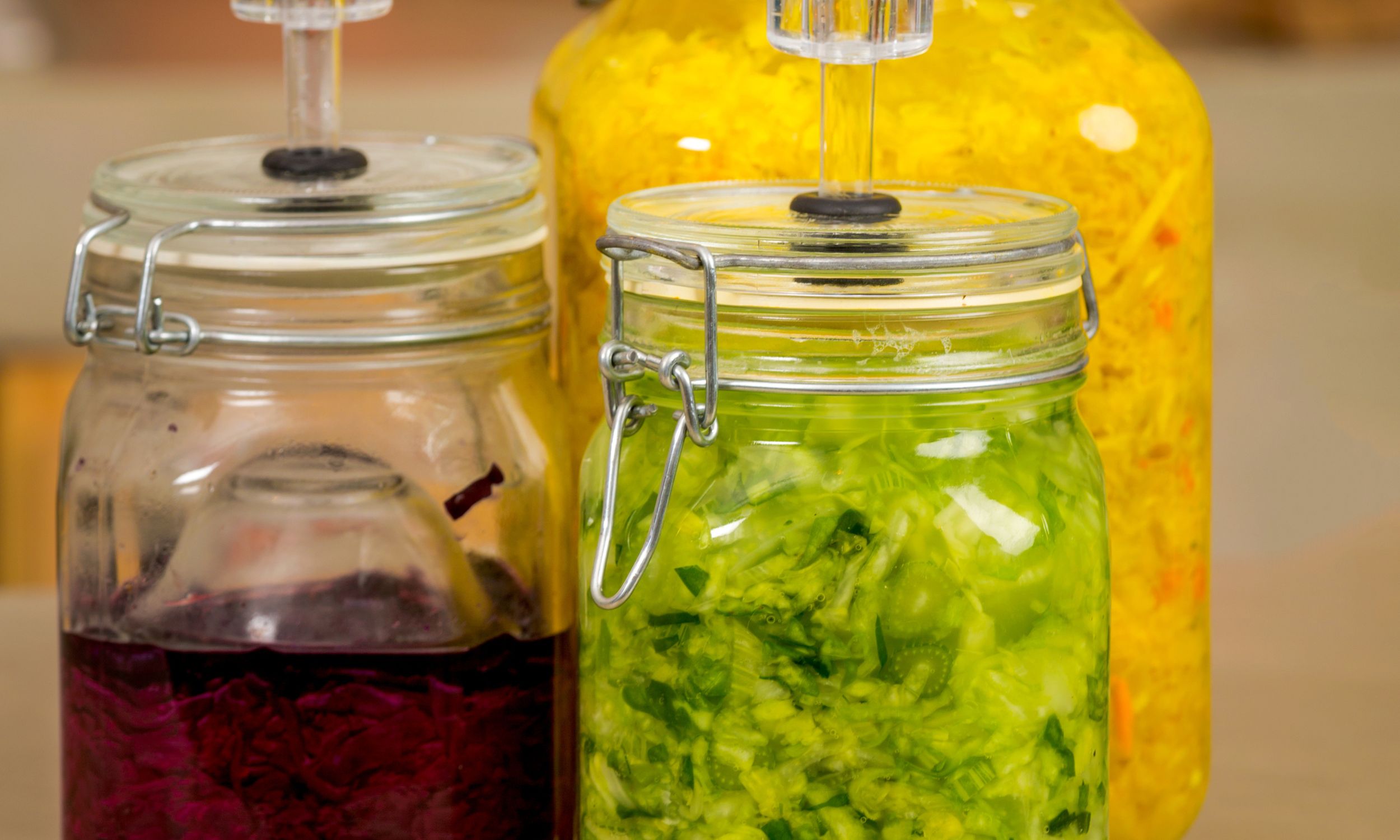12 Homestead Skills to Learn this Year as a Beginner Homesteader
If you’re interested in homesteading but don’t know where to start, consider learning some new homestead skills this year. While it may seem daunting at first, homesteading is really about self-sufficiency and becoming more independent. Here are 12 homestead skills to learn as a beginner homesteader.
Disclosure: Some of the links below are affiliate links, meaning, at no additional cost to you, I will earn a commission if you click through and make a purchase.
Cook From Scratch
Cooking from scratch may seem like a lot of extra work, but it’s actually quite simple and it has some big benefits. For one, cooking from scratch is cheaper than buying processed foods. You can also control the quality of the ingredients you use, which means you can avoid additives and unhealthy fats.
In addition, cooking from scratch gives you the opportunity to be creative and experiment with different flavor combinations. And finally, when you cook from scratch, you food will simply taste better because it will be fresher and more flavorful.
So next time you’re tempted to reach for the prepared foods at the grocery store, remember that cooking from scratch is not only easier than you think, it’s also better for your wallet, your health, and your taste buds.
Learn More- From Scratch Cooking & Baking
Grow Something
Gardening is a great way to get outside, get some exercise, and enjoy the fresh air. But it also has some real benefits when it comes to the food you eat. When you grow your own fruits and vegetables, you know exactly what goes into them. No pesticides, no growth hormones, no GMOs. Just good, wholesome food. And since you grew it yourself, you can be sure it was grown with love!
Homegrown fruits and veggies also tend to be more flavorful than their store-bought counterparts. That’s because they’re picked at the peak of ripeness and eaten fresh. Store-bought produce, on the other hand, is often picked early and then transported long distances before it ever reaches your plate.
So if you’re looking for flavor, nothing beats homegrown. Finally, gardening is a great way to save money on your grocery bill. Even a small garden can provide you with a steady supply of fresh produce all season long. And there’s nothing more satisfying than being able to walk out to your garden and harvest your own dinner!
Learn More About Gardening- HERE!

Make Your Own Bread
Making your own bread is a rewarding experience that has many benefits. For one, you can control the ingredients that go into your bread, making it healthier than store-bought varieties. You can also tailor the flavor and texture to your liking, and experiment with different recipes to find the perfect loaf. Additionally, making bread is a relaxing process that can be therapeutic and satisfying. The process of kneading dough and watching it rise can be calming, and the end result is a delicious homemade creation that you can be proud of. So if you’re looking for a fun kitchen project with delicious results, try making your own bread.
Learn More About Sourdough Bread – HERE!
Start Composting
Composting is a great way to reduce your waste and help your garden at the same time. Composting is simply the process of breaking down organic matter, like fruit and vegetable scraps, into a nutrient-rich soil amendment. Composting for beginners can be as simple as starting a pile in your backyard and adding your food scraps to it. Composting also helps your garden by adding nutrients to the soil. composting is a win-win for you and the environment, so why not start today?
Learn More- Composting for Beginners
Learn How to Water Bath Can
Water bath canning is a great way to preserve fruits, vegetables, and jams. The water bath process uses boiling water to seal the jars, which prevents bacteria from growing and spoiling the contents. Canning is a simple process, but there are a few things to keep in mind to ensure success.
First, make sure the jars and lids are clean. Sterilize the jars by boiling them for 10 minutes, and then wash the lids in hot, soapy water.
Next, prepare the food that you will be canning. Fill the jars with the food, leaving about 1/2 inch of headspace at the top of the jar. Be sure to remove any air bubbles before sealing the jar.
Finally, place the jars in a large pot or canner, and fill with water so that the water level is at least 1 inch above the jars. Bring the water to a boil, and then cook for the recommended time.
After canning, check the seals on the jars to make sure they are tight. Any jars that do not seal properly should be refrigerated and used within 2 weeks.
Follow these simple steps, and you’ll be water bath canning like a pro in no time!

Cook with a Cast Iron Skillet
Cooking with cast iron has many benefits. For one, it is an excellent way to retain heat, which means your food will be cooked evenly throughout. Additionally, cast iron is incredibly durable, so it can withstand high temperatures without warping or becoming damaged. Perhaps most importantly, though, cooking with cast iron imparts a unique flavor to food that can’t be replicated with other types of cookware. So if you’re looking for a delicious and healthy cooking option, cast iron is a great choice.
Cleaning & Seasoning Your Cast Iron Skillets the Easy Way
Make Your Own Vinegar
When it comes to homemade vinegars, there are a few things that you should keep in mind. First of all, homemade vinegars tend to be more acidic than store-bought varieties. This is because the manufacturing process used to produce commercial vinegars removes some of the natural acids present in vinegar. As a result, homemade vinegars can be more effective at cleaning surfaces and cutting through grease. In addition, homemade vinegars are often less expensive than store-bought varieties. And finally, making your own vinegar allows you to customize the flavor to suit your own taste. Whether you prefer a tart apple cider vinegar or a sweet balsamic vinegar, you can easily make it at home. So why not give it a try? You may be surprised at how easy and delicious it is to make your own vinegars.
Make Your Own Cleaners
Making your own household cleaners is a great way to save money and reduce your impact on the environment. Many store-bought cleaners contain harsh chemicals that can be harmful to your health and the environment. When you make your own cleaners, you can choose natural ingredients that are gentle on both your home and the planet. In addition, diy cleaners are often just as effective as their store-bought counterparts, but they cost a fraction of the price. So next time you need to clean your kitchen or bathroom, reach for some vinegar and baking soda instead of heading to the store. You’ll be glad you did!
Learn More – Homemade Cleaners

Basic Hand Sewing
Save your husband’s favorite pair of jeans or adjust your children’s hemlines. Basic sewing skills definitely saved me a lot from buying new items of clothing and has helped me create some of my favorite pillows and curtains.
Grow Herbs – Inside or Outside
You’ll have more uses for herbs than any other plant in your vegetable garden. Whether culinary, healing, gardening and even cleaning, herbs are important and must-grow in your garden.
Learn More-
Foraging For Wild Edibles
Foraging for wild edibles is both challenging and exciting, but productive. Add it to your list of homesteading and survival skills!
The Forager’s Guide to Wild Foods is a great place to start.
Learn to Ferment Foods
Fermenting foods is a great way to add some probiotics to your diet. Probiotics are beneficial bacteria that help to keep your gut healthy. They can improve digestion, boost immune function, and even help to fight depression and anxiety. Fermented foods are also super tasty! Some of my favorites include kimchi, sauerkraut, and pickles. If you’ve never tried fermenting foods before, I highly recommend giving it a try. It’s really not as difficult as it might seem, and the end result is definitely worth the effort.

Does all of this sound overwhelming? The thing to remember is that Homesteading is an adventure and will not happen over night. Pick one skill to start with, master it and move on to the next. Need help setting your homesteading goals and achieving them? Check out Turing your Ideas and Goals into a Homestead.

